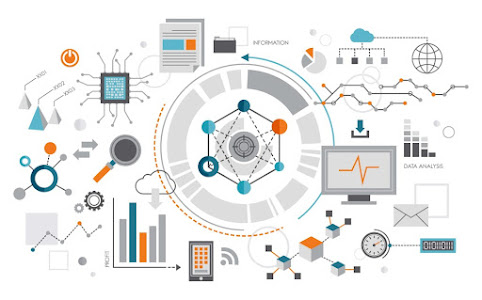What is Datafication?

Image courtesy: LinkedIn

Datafication in a nutshell, is the process of converting everything in our lives into data-driven software or devices. In other words, datafication is the process of replacing human labour-intensive tasks with data-driven technological solutions. Unbelievably, data will be around for a lot longer in everything from industrial gear to AI-powered products to smartphones and workplace apps! As a result, keeping up accurate, dependable, and secure data storage has grown in demand in our sector. In the coming years, there will be a greater demand for IT professionals, data scientists, engineers, technicians, managers and many other similar roles as a result of datafication. What's even more helpful is that anyone with a basic understanding of technology may become certified in specializations linked to data and obtain employment in this field. Skills are more important in data occupations than advanced degrees. Let's examine a few well-liked data careers like Big Data Engineers, Robotics Engineers, IT Architect, Business Intelligence Analyst and Data Scientists.

Image courtesy: Image by Pete from Pixabay
There are three domains of business where datafication can really make an impact:
1. Analytics In today’s data-driven world, analytics is a key process to gain insights and forecasts about various business requirements. By collecting and analyzing these data collected from various sources, businesses can gain valuable insights about business trends, consumer behavior, trends, and customer preferences. This enables business owners to take decisions which help them to grow their business.
2. Marketing Campaigns Marketing campaigns can be intensified with datafication, allowing companies to run personalized ads and offers for a group of customers based on their shopping behavior.
3. Forecasting Predictive analytics for forecasting future trends will help businesses to anticipate consumer behavior and fulfill customer needs which will help them win the competition by anticipating changes in consumer demand.